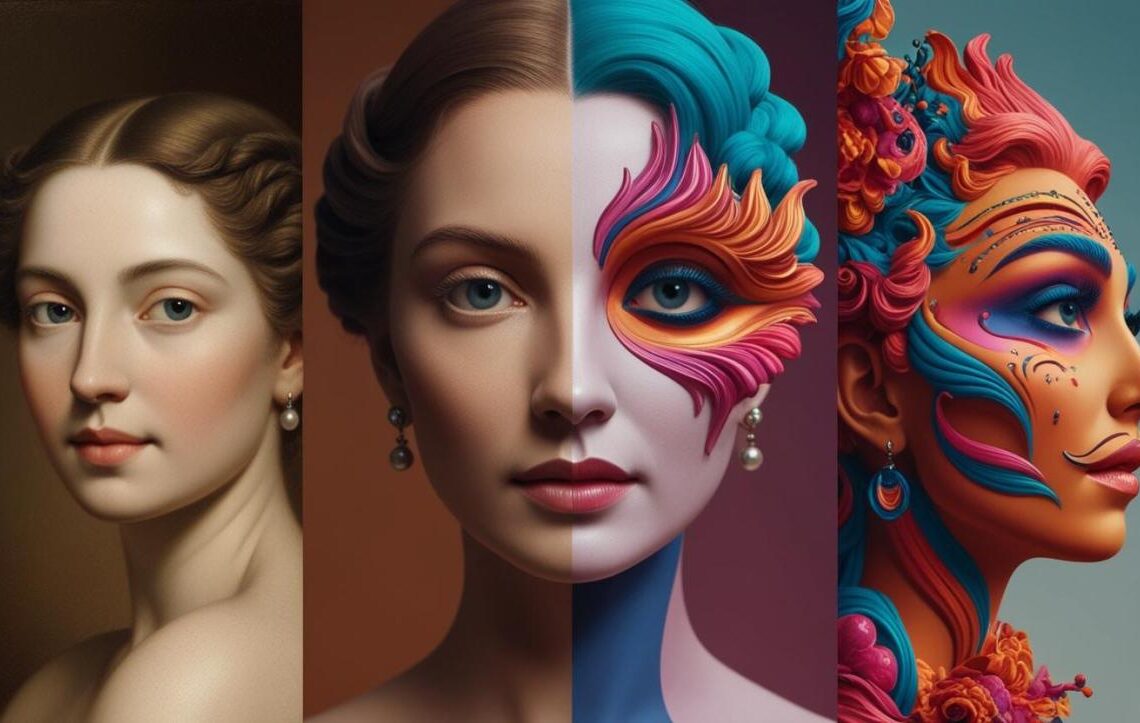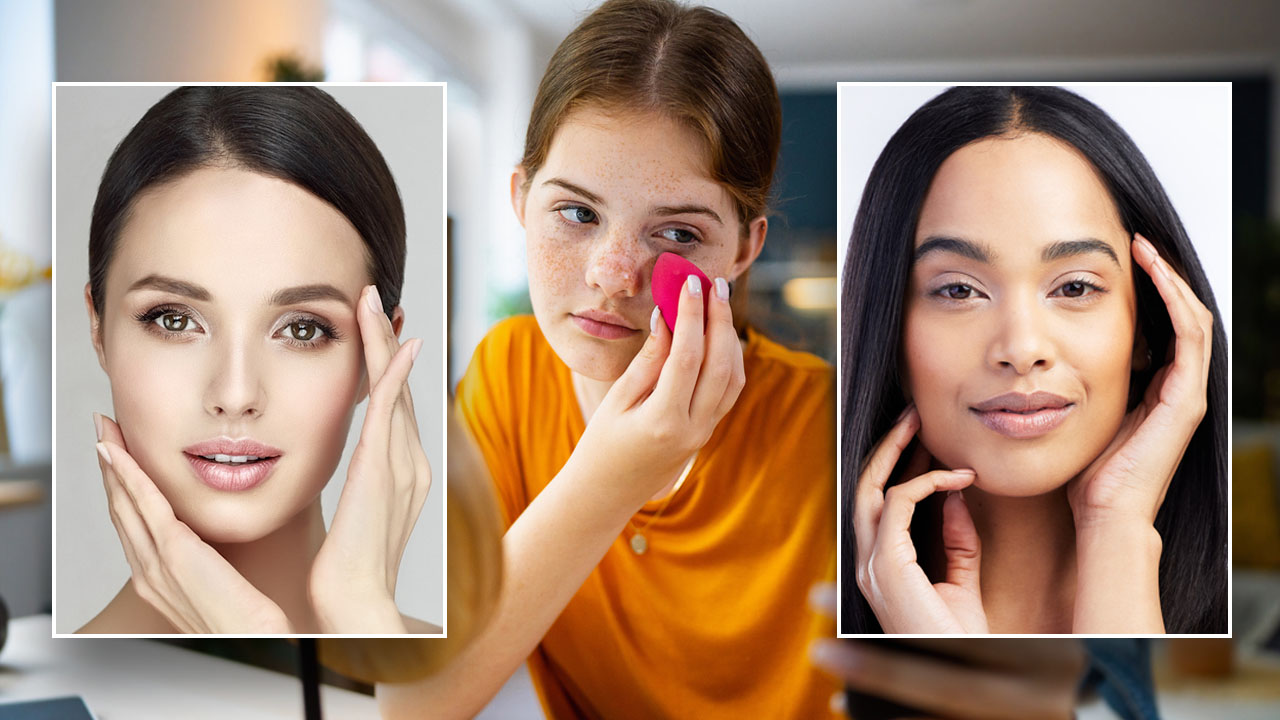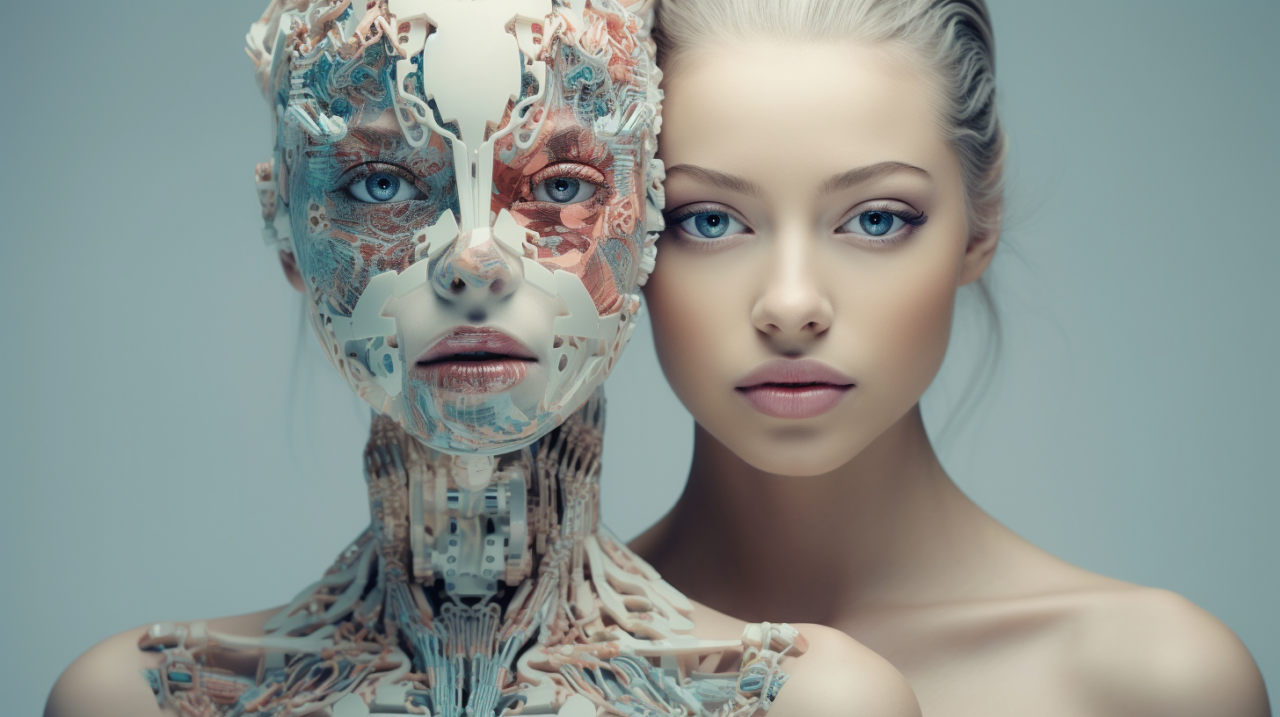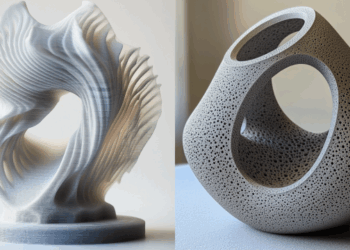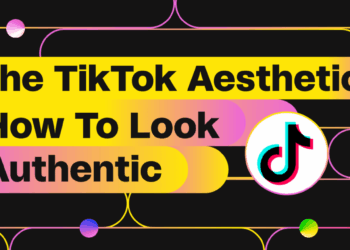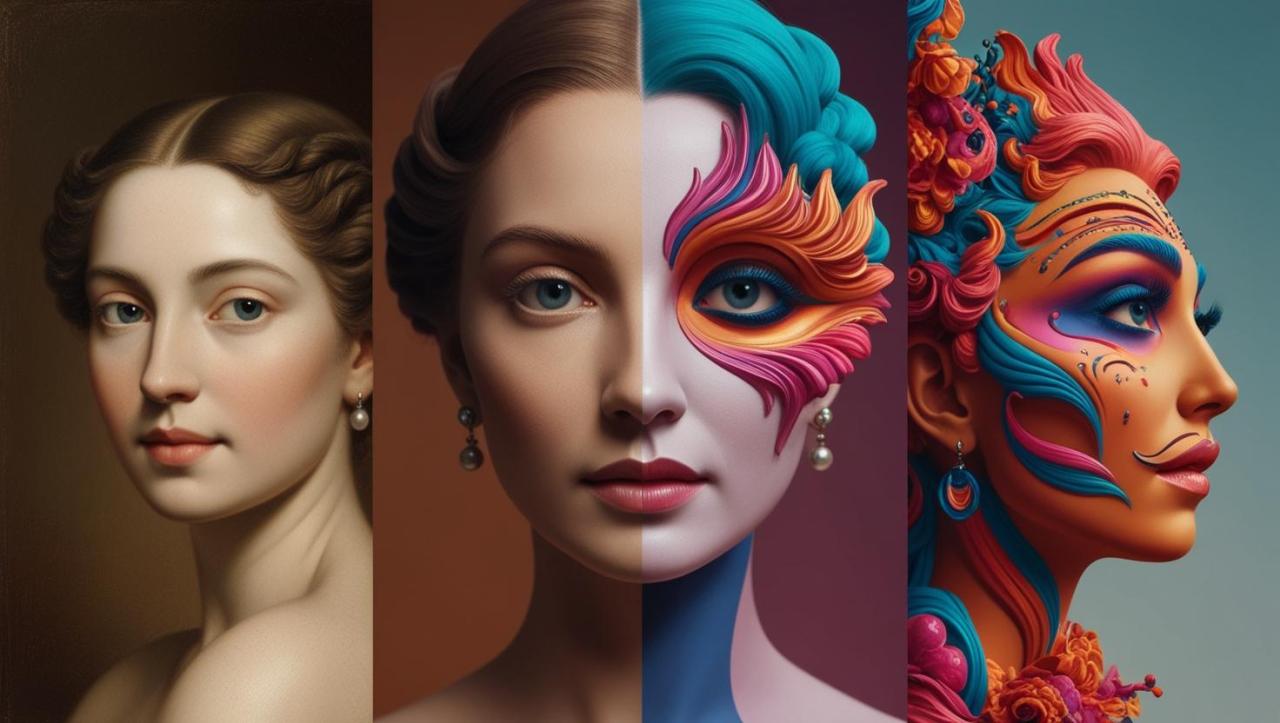
Artificial Intelligence is quietly revolutionizing the aesthetics industry in ways most consumers never notice. From personalized skincare algorithms to AI-generated supermodels, machine learning is reshaping our perception of beauty while creating lucrative business opportunities. This 2,000+ word exposé reveals how AI secretly influences cosmetic decisions, product development, and even social media attractiveness filters – all while generating massive profits for beauty brands.
A. The AI Beauty Assessment Revolution
Facial recognition software now evaluates attractiveness with frightening accuracy.
How It Works:
-
Symmetry Scanning – AI measures facial proportions against the “golden ratio” (1.618)
-
Skin Analysis – Machine learning detects pores/wrinkles invisible to human eyes
-
Age Prediction – Algorithms guess age ±2 years from a single photo
Commercial Applications:
-
Estée Lauder’s AI skin diagnostic tool increased product recommendations by 300%
-
Sephora’s Virtual Artist boosted lipstick sales by 85% through AR try-ons
B. Algorithmic Cosmetic Formulations
AI accelerates beauty product R&D while reducing costs.
Breakthrough Examples:
-
Proprietary AI Platforms
-
L’Oréal’s Perso creates custom foundation in real-time
-
Shiseido’s Optune dispenses personalized serums based on selfies
-
-
Ingredient Optimization
-
Algorithms test 10,000+ chemical combinations digitally before lab testing
-
Cut development time from 5 years to 6 months
-
Financial Impact:
-
AI-formulated products command 20-30% price premiums
-
Reduced product failure rates save millions in R&D
C. The Rise of AI-Generated Influencers
Computer-generated models are dominating social media aesthetics.
Meet the Virtual Stars:
-
Lil Miquela (3M Instagram followers)
-
Shudu (First digital supermodel)
-
Imma (Japanese virtual influencer)
Why Brands Prefer AI:
✓ Never ages
✓ 100% controllable image
✓ Zero scandal risk
✓ 24/7 availability
Earnings Potential:
-
Virtual influencers charge $8,500+ per sponsored post
-
Require no travel, makeup, or accommodations
D. Plastic Surgery’s AI Transformation
Machine learning is revolutionizing cosmetic procedures.
Pre-Surgical Applications:
-
3D Simulation – Patients see potential results before going under the knife
-
Risk Assessment – AI predicts complication probabilities
-
Custom Implants – 3D printed based on body scans
Post-Op Monitoring:
-
Computer vision tracks healing progress
-
Detects early signs of infection
Industry Impact:
-
68% of surgeons report AI simulations reduce patient regrets
-
Recovery prediction algorithms cut follow-up visits by 40%
E. Social Media’s AI Beauty Filters
Those “perfect” selfies are algorithmically enhanced.
How Filters Work:
-
Facial Reconstruction – Reshapes jawlines/noses
-
Skin Perfection – Removes blemishes in real-time
-
Eye Enhancement – Makes irises appear larger/brighter
Psychological Effects:
-
72% of Gen Z admits filtering all social media photos
-
“Snapchat Dysmorphia” cases up 240% since 2018
Monetization:
-
Filter creators earn $50,000+/month from branded effects
-
Beauty brands pay premium for filter integrations
F. AI-Powered Personalized Beauty
Hyper-customization is the new industry standard.
Cutting-Edge Services:
-
DNA Skincare – Algorithms analyze genetics for regimen optimization
-
Microbiome Testing – AI suggests products based on skin bacteria
-
Emotional Analysis – Cameras detect stress levels to recommend treatments
Market Growth:
-
Personalized beauty sector projected to hit $50B by 2027
-
Average customer spends 45% more on customized products
G. The Dark Side of AI Beauty Standards
Algorithmic bias creates troubling implications.
Emerging Issues:
-
Ethnic Bias – Most datasets favor Caucasian features
-
Age Discrimination – Youth prioritized in training data
-
Body Dysmorphia – Unrealistic digital ideals
Corrective Measures:
-
Diverse dataset initiatives by Google and IBM
-
“Real Beauty” AI movements gaining traction
Conclusion
AI has become aesthetics’ invisible hand – guiding product development, redefining beauty norms, and creating billion-dollar opportunities. As the technology advances, consumers and businesses must navigate its benefits against potential societal impacts. The future of beauty isn’t human versus machine, but rather how we’ll harness AI to enhance – rather than dictate – our standards of attractiveness.
Tags: AI beauty, cosmetic algorithms, virtual influencers, personalized skincare, beauty tech, machine learning cosmetics, aesthetic AI, digital beauty, future of cosmetics, beauty industry trends

